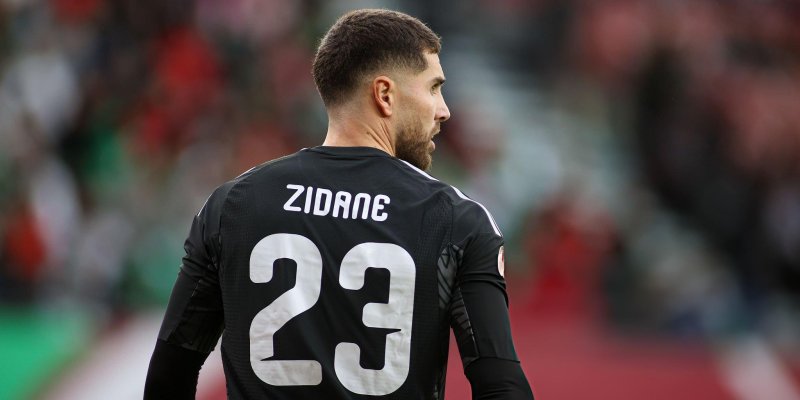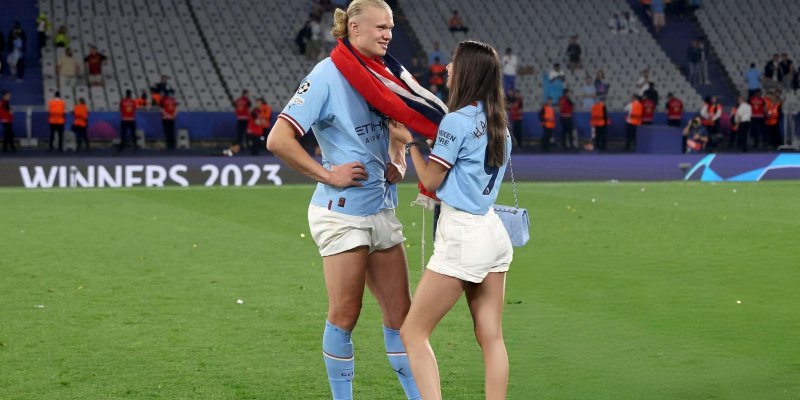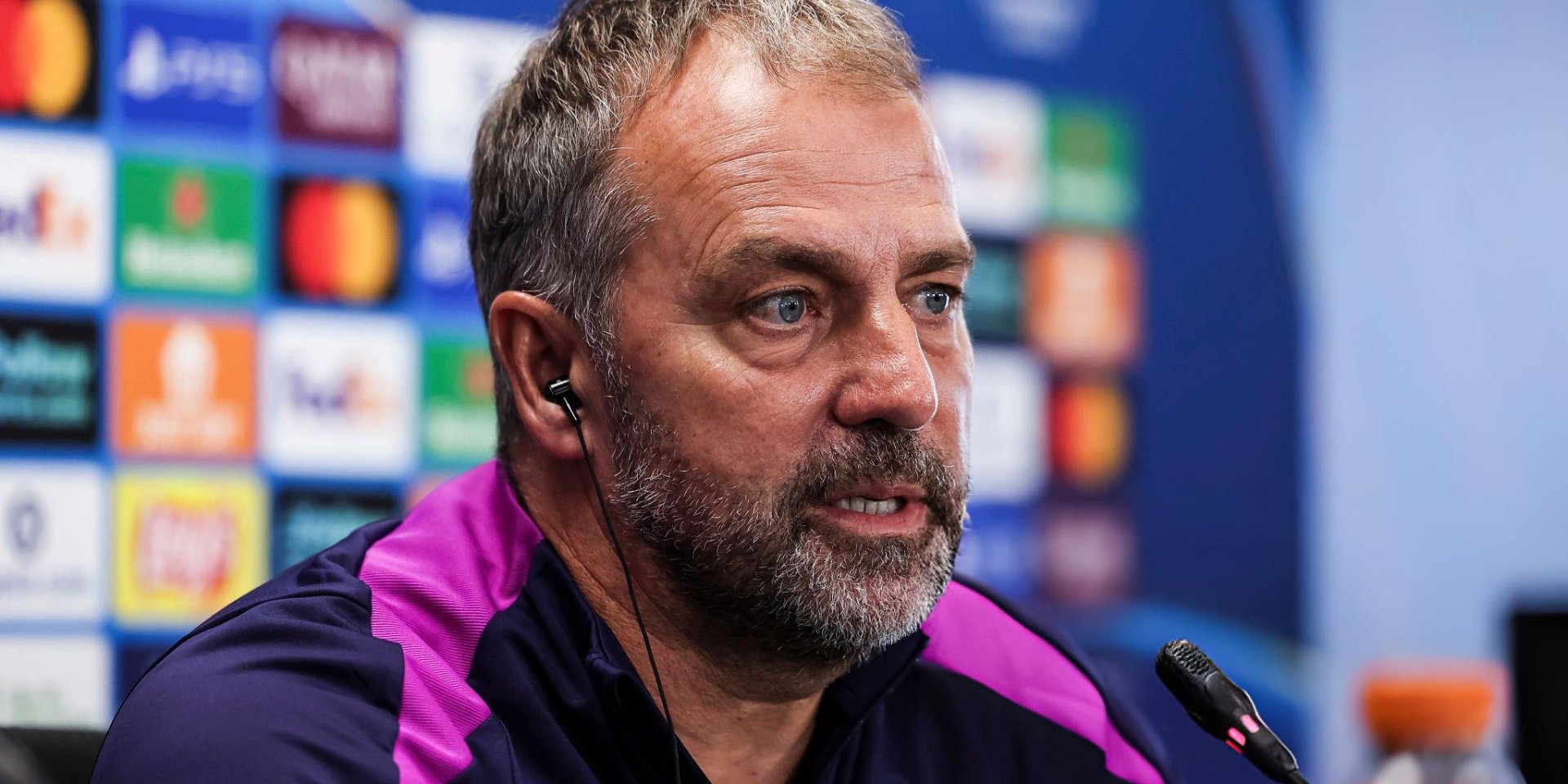
After the Champions League match against PSG (1:2), a wave of rumors swirled around Barcelona: allegedly, Lamine Yamal was late for the pre-match meeting, and the club’s sporting director Deco "asked" the head coach to soften the punishment and not bench the winger. In a conversation with Hansi Flick, clear principles were voiced — with not a hint of ambiguity.
"About the 'Lateness' and Pressure on the Coach"
Correspondent: Mr. Flick, where do you think the reports came from about Lamine Yamal supposedly being late and Deco interfering with your decision on the lineup?
Hansi Flick: I, too, find it curious how such narratives emerge. To be frank: this story does not correspond to reality. Between Deco and me there is a high level of trust and transparent communication. He would never try to influence the starting lineup or ask for an exception. Such insinuations are just noise.
Correspondent: So there is no "special treatment" for individual players?
Hansi Flick: We have a single set of internal rules. If violations occur, we deal with them within the team, without turning it into a public show. But in this case there is simply nothing to discuss — neither any lateness nor "pressure from above."
Principles of Discipline and Decision-Making
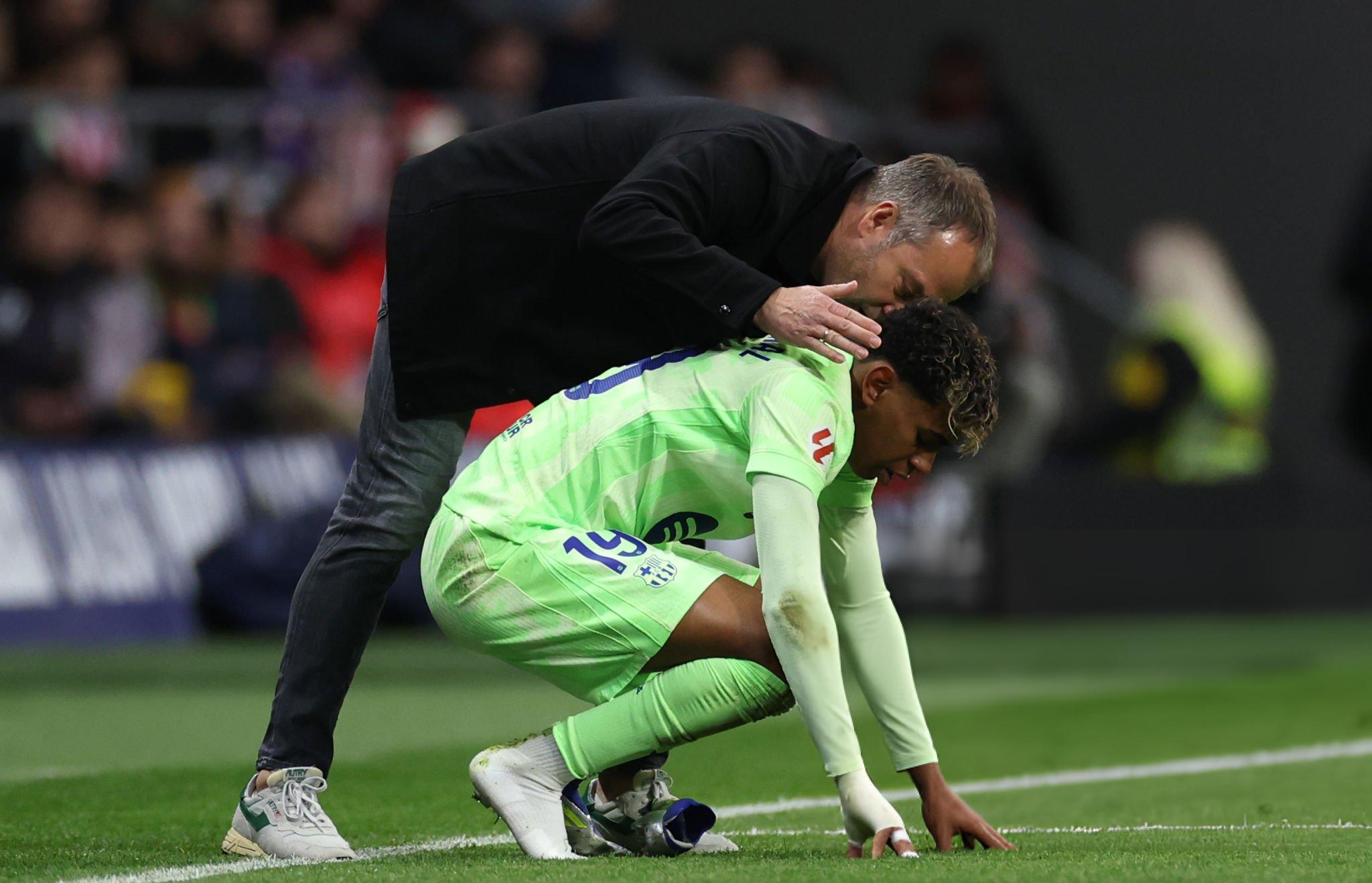
Correspondent: How are disciplinary procedures organized at Barça?
Hansi Flick: There is a regulation and there is responsibility. Decisions regarding the squad list and playing time belong to the coaching staff. I set the starting lineup taking into account the game plan, the training microcycle, fitness levels, and recovery. What matters to me are work ethic, concentration, and a readiness to serve the team. This applies to everyone — from veterans to young talents.
Yamal's Private Life Is His Space; the Criteria Are on the Pitch and in Training
Correspondent: The media have raised concerns about the lifestyle of the 18-year-old winger. Do you consider it necessary to interfere in off-the-pitch matters?
Hansi Flick: As long as a footballer adheres to the club’s standards and maintains a professional approach, his private life is his space. My benchmarks are simple: intensity in training, discipline, attitude to work. After his injury, Lamine put in a large volume of work and then had two days off — that’s a normal part of the recovery process. We evaluate workload metrics and the body’s response, not someone’s conjecture.
Correspondent: Do you see progress in Yamal’s training cycle?
Hansi Flick: Yes. He is maturing tactically and in decision-making in the final third. We manage his minutes carefully: we balance his hunger to play with the long-term perspective. A young player needs a trajectory of growth, not overload.
Roles Don't Mix: The Director Is About Strategy; the Coach Is About the Pitch
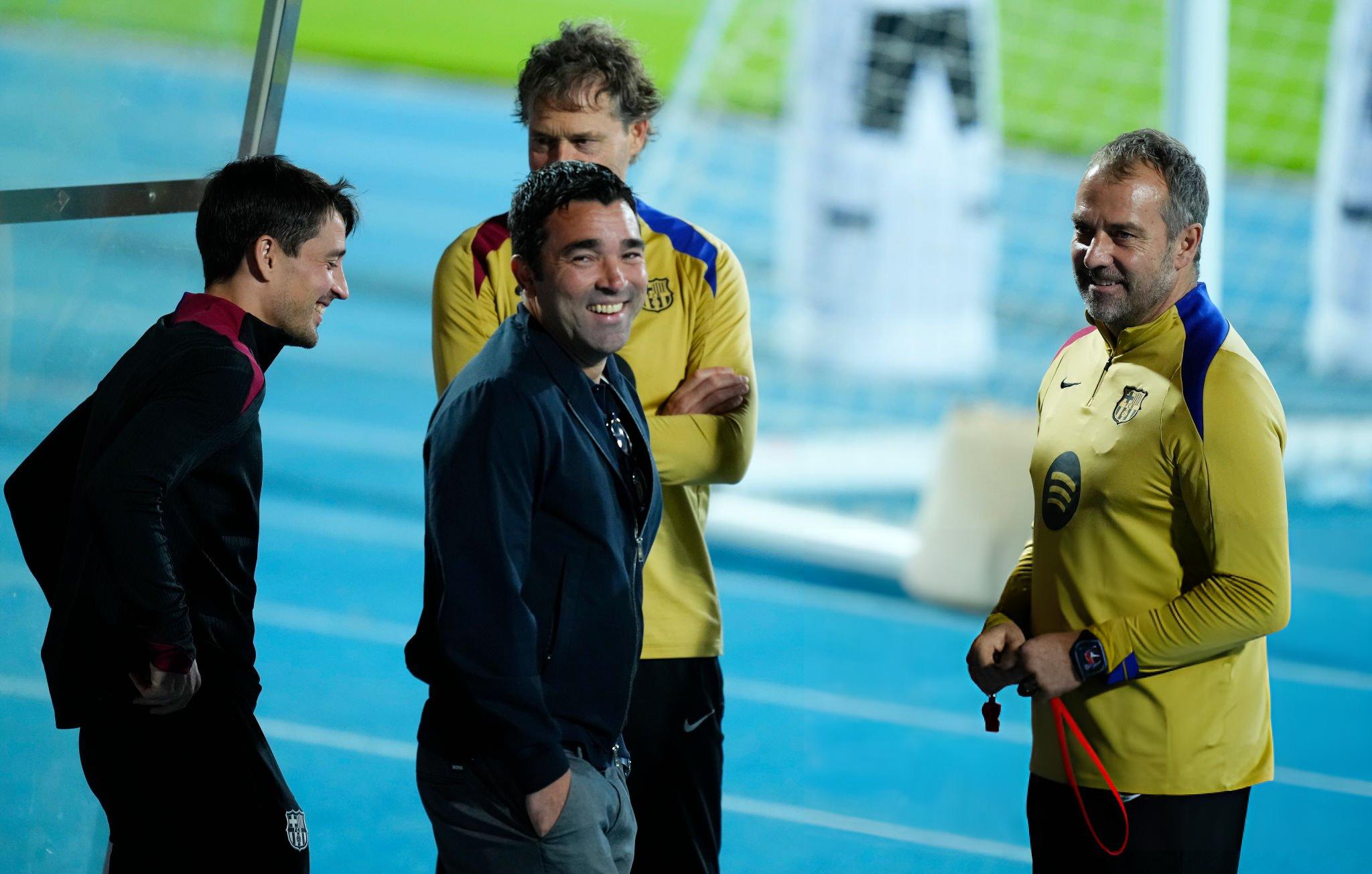
Correspondent: Describe your format of interaction with Deco.
Hansi Flick: Our daily dialogue is about personnel, development strategy, and the market. But the final decisions on the lineup and rotation are my responsibility. Deco respects that. Our shared task is to shield players from unnecessary information pressure and provide them with the conditions to progress.
Correspondent: Do disagreements occur?
Hansi Flick: In a professional environment, discussions are inevitable — and that’s normal. The key is a shared framework of values: no "special treatment," only meritocracy and the interests of the team.
A Message to the Fans and the Media
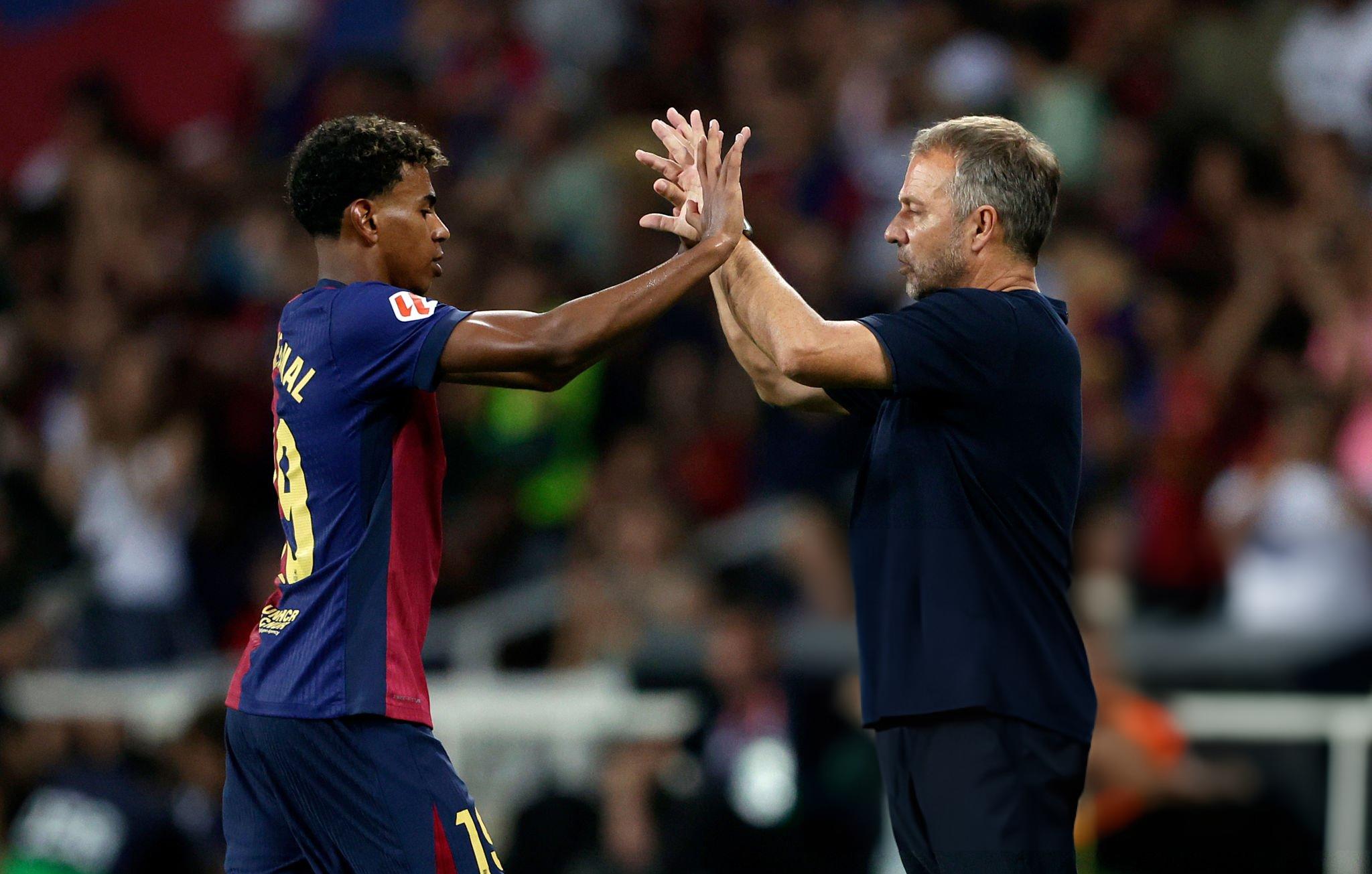
Correspondent: What would you say to those spreading such narratives?
Hansi Flick: I advocate a responsible attitude toward facts. The team needs support, not artificial reasons for tension. We are working calmly, we respect the fans, and we want their energy to go to the stands, not to debating myths.
Correspondent: Finally — about Yamal in the near future.
Hansi Flick: He is a great talent and an important part of Barcelona’s long-term project. But talent is revealed through work and the right environment. As a staff, we must provide him with a structured pathway: clear tasks in the match, precise adjustments in training, and transparent feedback. Everything else is peripheral. Rumors don’t go on the scoreboard — goals and results do.

